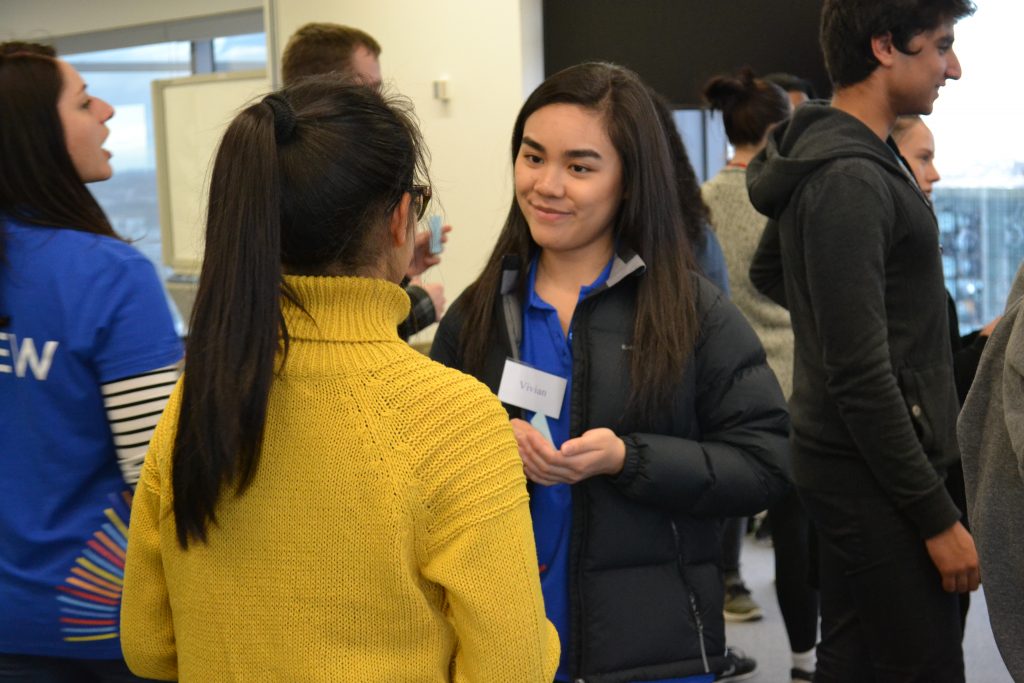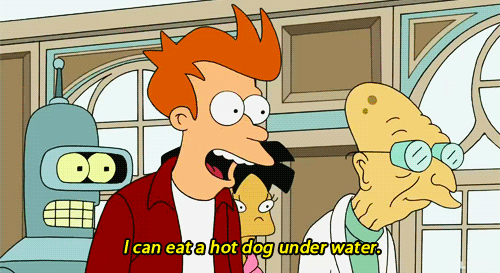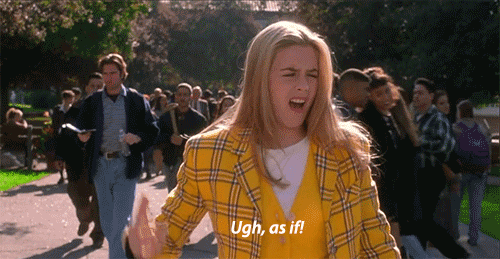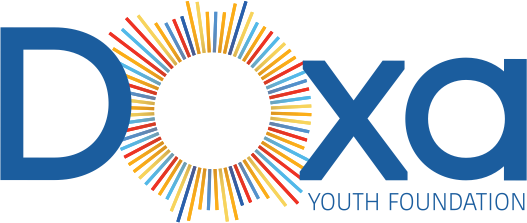Getting on the road to employment can be really tough, so we’ve asked the experts what they think makes the big difference. The third part of our series shares some helpful hints to write an awesome resume from Ernst & Young.

Learning about resume writing and practicing new skills at Ernst & Young, July 2016
Resume writing… at some point we’ve all got to do it. And we’ve got to keep on doing it throughout our careers, adapting it to new opportunities, including new experiences, shaping it so it lands you that dream job. The thing is, what makes an awesome resume? There’s lots of confusing and often conflicting advice out there coming from a wide range of sources. Ultimately, it really depends on what industry you’re aiming for; a graphic designer’s resume is going to look pretty different from an accountant’s. Or at least, we hope it would!
We’ve teamed up with our partners at Ernst & Young, who hosted a fantastic session on resume writing as part of our recent 3-day residential University Pathways Program for Year 10 students, to give you some top tips and helpful hints to make your resume an awesome one.
What’s HOT
Bearing in mind that many are at the very beginning of their road to employment, the Ernst & Young (EY) crew were keen to emphasize the importance of having a diversity of skills and experiences in order to impress the top dogs. Showcasing your volunteering or part time work alongside your studies is a really good way of demonstrating what transferable skills you can offer to a future employer.
They dropped these pearls of essential wisdom in order to create a bang tidy resume:-
- What to include – personal info, work experience, career goals, extra-curricular volunteering, student societies, sports – employers love to see a diversity of of experiences. Just make sure they’re relevant – playing PokemonGo! probably isn’t the best thing to put on there!

- Do your homework – read up on the company’s values, ideas and work so that you can mirror language, skills and ideas in your resume and prove to them that you are proactive and suitable for the role.
- Match your resume – fit your resume to the job description, comparing and linking to your own personal experiences. If you want to earn extra brownie points, make sure you develop any skills where there are gaps – it’ll look super impressive and give you something to talk about in an interview.
- Proofread answers – check for any typos or bad grammar; creating a good first impression is very important and many people get let down by a lack of attention to detail like this.
- Be clear, concise and honest – don’t over-complicate things, apply the KISS principle (KeepItSimpleStupid) at all times and don’t get caught out later down the line or in an interview by embellishing too much!
- Update regularly – make sure you update your resume after every new experience or project whilst it’s fresh in your mind – this will save you time later down the line and ensures you have an accurate record of your experience to date.
- Active words – start each dot point with an active word like “created” or “implemented” – it sounds more dynamic.
What’s NOT

However they were NOT so hot on a few things:-
- Coloured fonts – deemed unprofessional and distracting. Bear in mind that this is just Ernst & Young and this is not definitive. If you’re in a more creative field, then coloured fonts and graphic design features might be just the thing to demonstrate your creative flair. But for many of you who are applying for jobs in traditional areas, then listening to the wise words of Ernst & Young is probably a winner.
- Photos – again, this often a case of personal preference but Ernst & Young definitely weren’t keen on seeing your latest selfie!
- Dates of birth – removing your age from a resume is a good idea as it also removes any conscious or unconcious bias associated with your age, level of expertise and thus suitability for the role.
- Spelling errors / long sentences – a big no no for all the obvious reasons. Resumes need to be clear, concise and easy to read for the recruiter. Spelling areas shout sloppy and long sentences are complicated to read.

